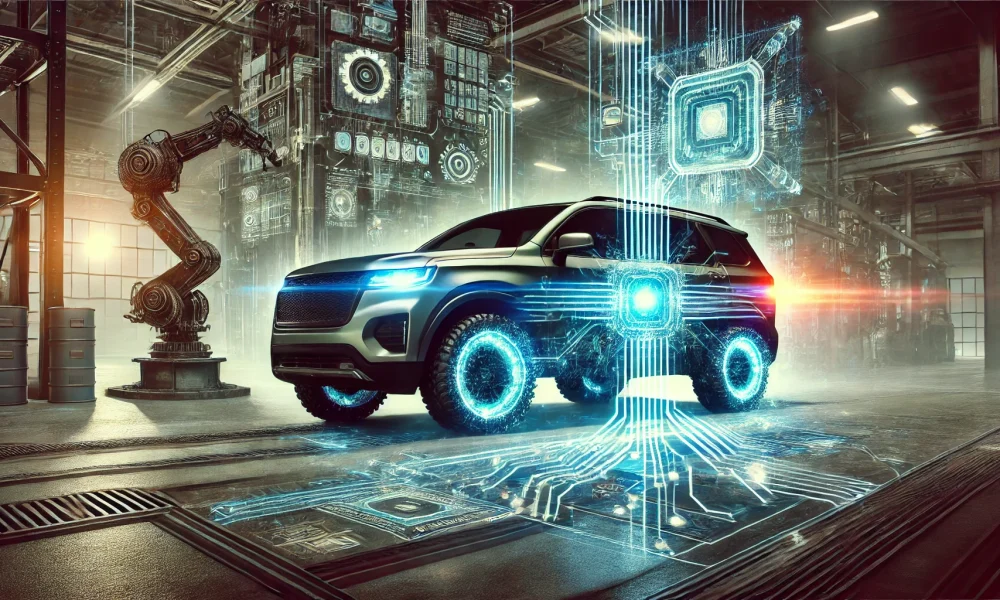It is no secret that EV manufacturers have been struggling in 2024. Just last week, we reported Fisker”s unsurprising demise despite its valiant efforts to stay afloat. While its woes are not nearly as pronounced as Fisker’s, Rivian is another example of a high-potential EV maker that just hasn’t managed to get a foothold in the auto market like many originally expected. Thankfully for it, a new joint venture involving Volkswagen has just resulted in an immediate infusion of $1B, with another $4B on the way.
Details of the Deal
Interestingly, the deal is more than just an investment. Rather, it represents a commitment from each company to establish a joint venture that will see Volkswagen leverage Rivian’s existing tech stack while the pair work together to expedite EV adoption. In a joint press release, the companies stated,
“The partnership is anticipated to accelerate the development of software for Rivian and Volkswagen Group. It is expected to allow both companies to combine their complementary strengths and lower cost per vehicle by increasing scale and speeding up innovation globally. Rivian’s proven in-market zonal hardware design and integrated technology platform are expected to serve as the foundation for future SDV development in the JV that will be applied to both companies’ vehicles.
Rivian plans to contribute its electrical architecture expertise and is expected to license existing intellectual property rights to the joint venture.”
By establishing this joint venture, Volkswagen now joins Ford as another prominent traditional automaker to invest in Rivian.
Market Response
In response to Volkswagen’s commitment to Rivian, the market response was overwhelmingly positive, with the price of RIVN skyrocketing nearly 40% at the time of writing.
While this is most certainly a welcome turn of events for investors in Rivian, shares in the company remain down 50% on the year.
Investing in a Competitor
On another related note, the iconic SUV known as the Scout is coming back in 2026. Built by Scout Motors, the vehicle- slated for a hotly anticipated unveiling later this summer – will be an all-electric, offroad-focused offering available as an SUV or Truck. It also happens to be owned by Volkswagen.
With such a similar offering of its own already in the works, it is interesting to see that Volkswagen has decided to expose itself even further to what are essentially niche vehicles in an already niche industry. Clearly, Volkswagen strongly believes in the future of the EV sector and is betting on North America’s love for nostalgia and big, utilitarian vehicles to help ensure its success. By establishing this new joint venture, it appears likely that both companies should mutually benefit from the creation of ‘next-generation electrical architecture and best-in-class software technology.’
